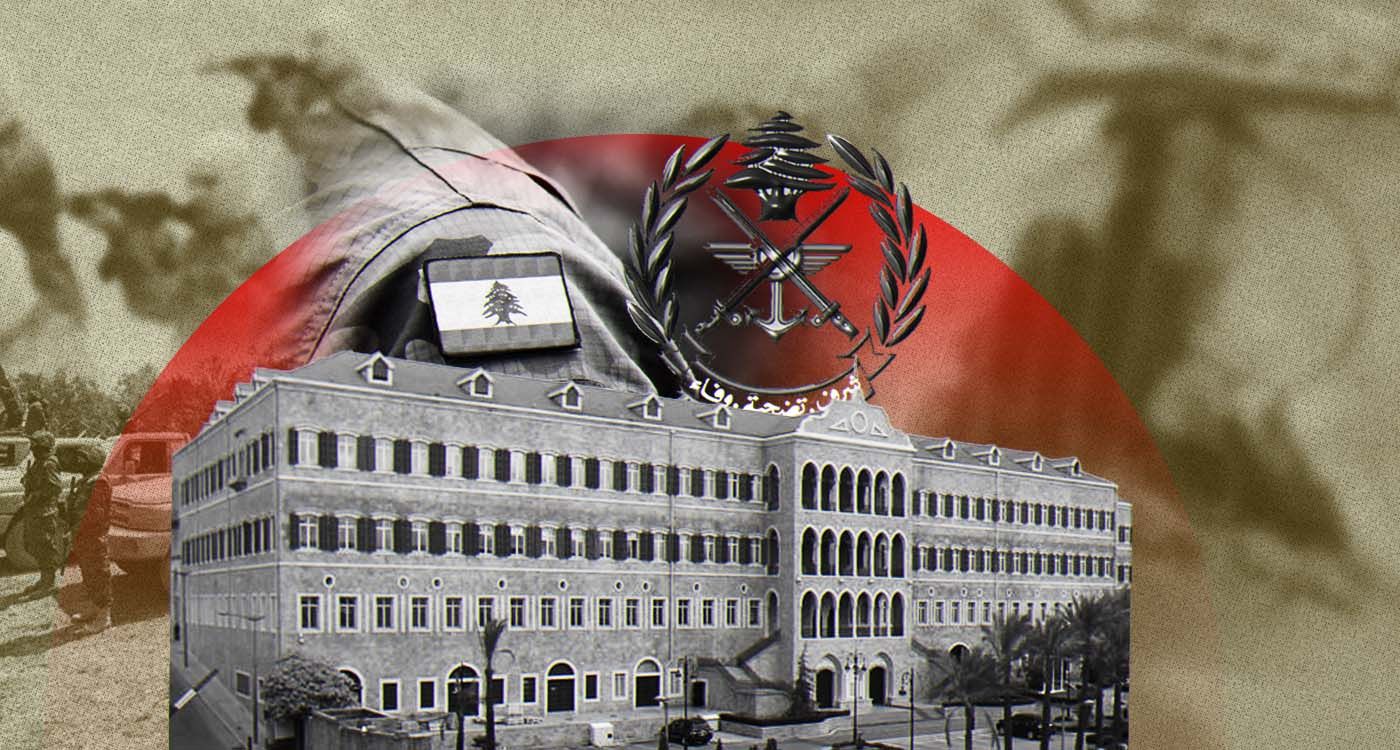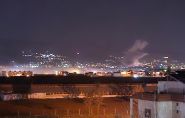
It took Lebanon’s cabinet six months to even begin discussing the fate of Hezbollah’s arsenal. Whatever decision emerges will go to the Higher Defense Council for further deliberation and planning, then to the Lebanese Armed Forces (LAF) to devise an implementation strategy. If each step takes as long as the first, disarming Hezbollah could be delayed beyond the May 2026 parliamentary election. By then, the cabinet will be an interim one, and Lebanon will likely descend into protracted negotiations to appoint a new prime minister and form a government.
Speaker Nabih Berri, a master of delay, thrives on crises and feels no urgency to resolve them. Hezbollah leverages Berri’s expertise to postpone any serious disarmament decisions. This is facilitated by Lebanon’s fractured polity, where politicians often behave like small-town mayors rather than national leaders.
The Lebanese state and Hezbollah are fundamentally incompatible – one must perish for the other to survive. No arrangement allows Hezbollah to “complement” the state or support its army. Hezbollah exists to undermine the state and keep the LAF weak. If the militia desired a strong state, it could have donated its arsenal to the LAF long ago.
Instead, Hezbollah not only refuses to disband but also threatens Lebanon with civil war if the LAF attempts to disarm it or assert exclusive authority over the use of force. The LAF, theoretically the sole and legitimate enforcer of state power, has never threatened the Hezbollah militia.
Historically, the LAF has avoided confronting Hezbollah, largely because every Lebanese president since 1998 has been a former army commander. General Rudolph Haykal succeeded Joseph Aoun as LAF commander after Aoun’s election as president. From his first day in office, Haykal likely began positioning himself for the presidency.
Lebanon’s founders, like America’s, feared populist mobs electing unqualified leaders. While the US established the Electoral College, Lebanon entrusted parliament with electing the president. This system incentivizes LAF commanders like Haykal to court lawmakers rather than the public.
With 26 Shia lawmakers loyal to the Berri-Hezbollah bloc, Haykal knows crossing them risks his presidential ambitions. The bloc demonstrated its influence during Aoun’s election, letting him fail in the first round before securing his victory in the second.
Haykal has likely internalized this lesson: defying the Berri-Hezbollah duo, let alone disarming Hezbollah, is a nonstarter. If the state orders the LAF to act, Haykal may stall, citing excuses.
Those who have talked to Haykal quote him as doubting the loyalty of Shia troops and officers, fearing they would defect to Hezbollah if ordered to disarm it. He has also warned of “civil war” – a threat Hezbollah itself uses to deter state action.
With the political maneuvering skills that Berri has accumulated since he first became speaker in 1992, Hezbollah has exploited Lebanon’s vulnerabilities with precision. The militia will continue to bide its time, refusing to disarm, banking on a stronger hand after the 2026 election. Retaining its weapons allows Hezbollah to intimidate potential Shia rivals, consolidating its domestic power and securing an electoral victory.
By November 2026, a Republican loss in the US House could weaken President Trump’s domestic influence, potentially limiting his ability to counter Islamist Iran and its proxies like Hezbollah.
If Haykal is banking on the Shia bloc to secure his presidential ambitions, President Aoun faces no such constraint. His non-renewable six-year term frees him to act decisively and leave a legacy unmatched by any post-civil war predecessor: restoring state sovereignty by disarming all non-state actors, including Hezbollah.
Prime Minister Nawaf Salam, though widely regarded as a disappointment, also has little to lose. If Hezbollah strengthens its grip in the 2026 election – which is likely if it retains its arsenal – Salam will likely be ousted, replaced by a prime minister more amenable to ignoring Hezbollah’s weapons.
With less than a year left, Aoun and Salam can ignore Berri’s delays and push forward. They can either succeed in disarming Hezbollah or fade into historical obscurity, as their trajectory currently suggests.




Comments